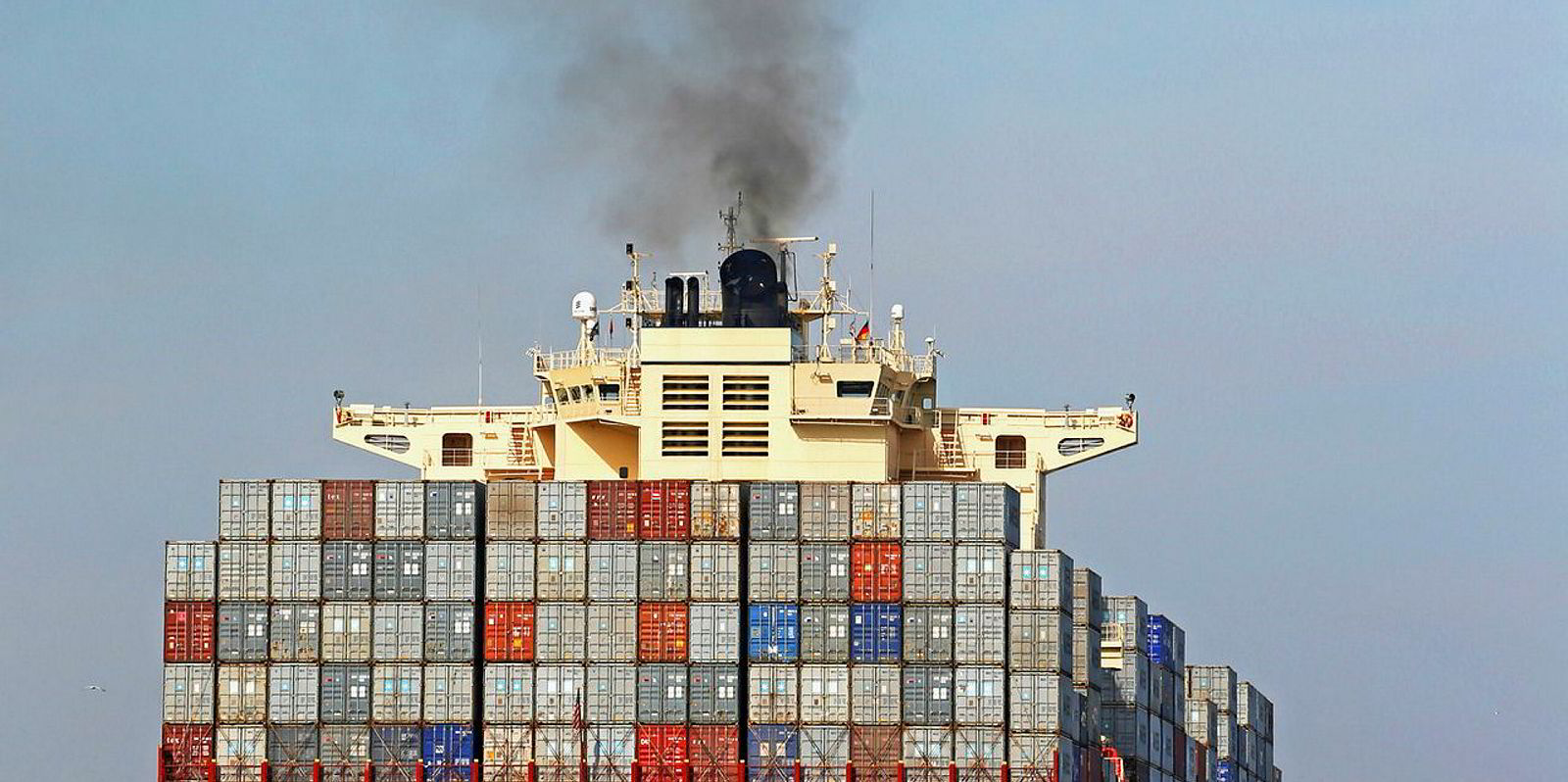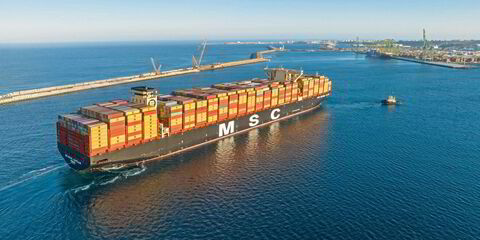The proposal from all of the major international shipowner associations for a mandatory research-and-development contribution that will generate around $5bn of funding, might appear at first glance to be ‘bureaucratic’ or ‘too little, too late’ – as suggested by Tradewinds (in a 18 December comment entitled Bunker fund must not act as a smokescreen from a carbon tax).
This is probably because the development and adoption of IMO regulations, as with any intergovernmental process, can be somewhat more complex than day-to-day reality for most. Indeed we have just seen the complexity of the UN Framework Convention on Climate Change (UNFCCC) process become bogged down yet again in Madrid at the recent Conference of the Parties (COP) meeting.
The industry’s proposal is a sincere attempt to put forward a carefully thought-out mechanism that enjoys full support globally across all sectors of the industry, and – most importantly – stands a realistic chance of being accepted by IMO Member States, whose support will be vital to make this R&D Fund work. The proposal takes full account of the legitimate concerns of many developing nations about the impact of increased transport costs on their economies.
If the political will exists at IMO then the proposed International Maritime Research and Development Board – which would not in fact be managed by the IMO – could actually be up and running by 2023 by linking it to the existing MARPOL Convention.
Not a tax
To be clear, the proposal is not a carbon tax, although it could provide the architecture on which a future market-based measure could be developed when consensus exists at IMO to do this, and is certainly not intended as a ‘smokescreen’ for inaction.
What the advocates of a global carbon tax often underestimate is the enormous challenge of persuading governments to agree to such proposals, as we have seen in Madrid earlier this month. Even if the political will is there, an IMO MBM would require a brand new Convention that could take ten years to develop and enter into force.
Now that shipowners have gone public with their proposal, other maritime stakeholders will be fully involved in taking this forward. However, it is important to understand that IMO can legally only regulate R&D contributions from ships and shipowners, who are taking responsibility by making this proposal now to ensure that R&D will accelerated and that the ambitious IMO GHG targets can be met.
Simon Bennett is the deputy secretary general of the International Chamber of Shipping






